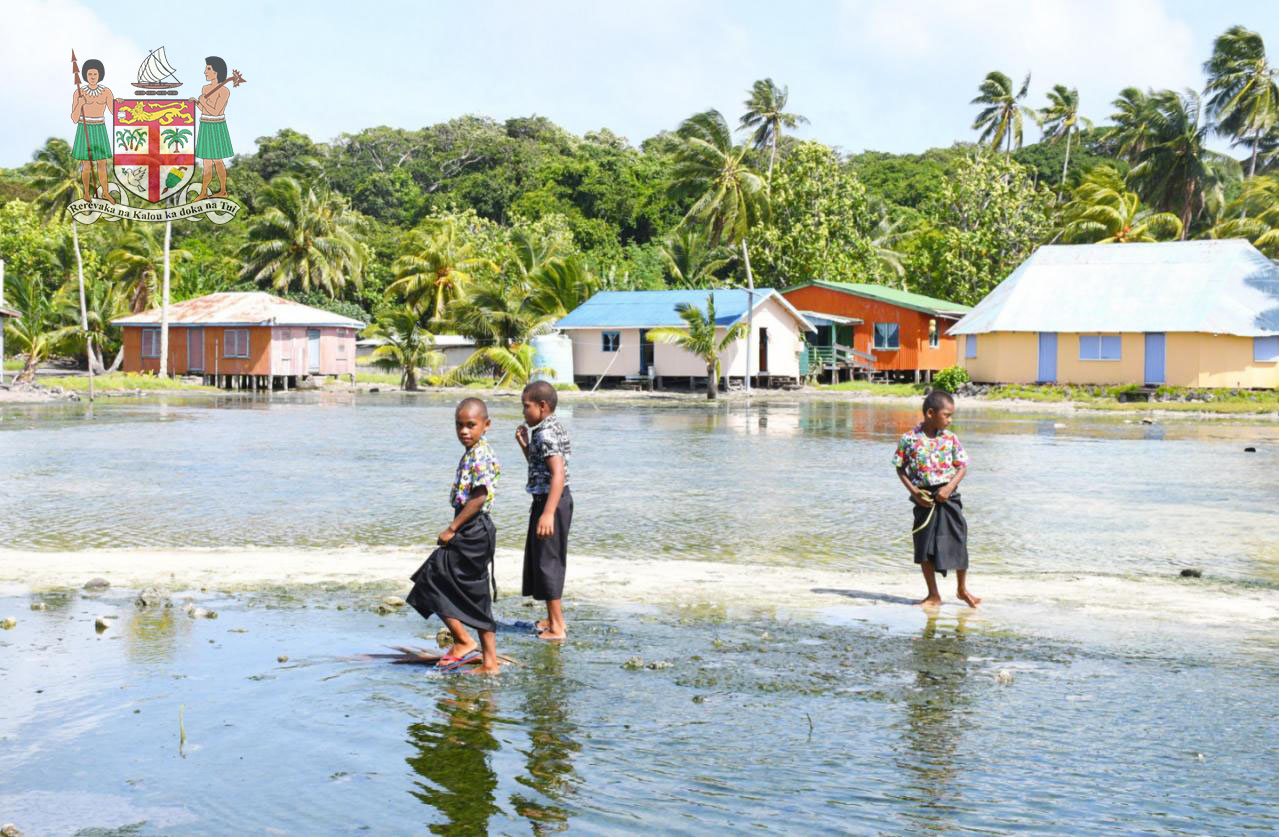THE International Court of Justice (ICJ) advisory opinion on states’ legal obligations regarding climate change has left governments “nowhere to hide!”
Pacific Islands Climate Action Network (PICAN) director Rufino Varea has described the ruling as providing Pacific Island nations, including Fiji, with a strong legal foundation to pursue climate justice.
He says the court’s decision makes it clear that voluntary pledges coupled with continued fossil fuel expansion will no longer suffice.
Governments are legally required to protect people’s rights to life, a healthy environment, and self-determination, with the right to a clean and sustainable environment underpinning all other human rights.
“The ruling offers a compass for negotiations, courtrooms, and parliaments,” Varea said.
“It strengthens efforts to secure public finance, phase out coal, oil, and gas, and compel polluters to pay for loss and damage.”
The court said failing to meet climate obligations constitutes an internationally wrongful act with legal consequences, including full reparations.
“No more excuses.
“Those who fuel this crisis must stop the harm and help repair it.
“The law now reflects the justice our communities have always demanded, and we will use this opinion everywhere we fight for our people.”
He said for Small Island Developing States, the opinion was a powerful tool.
It recognises that sea level rise does not erase statehood or maritime rights and affirms that human rights obligations cross borders.
“The law has caught up with the science. Action must now catch up with both.”
USP students, through the Pacific Islands Students Fighting Climate Change campaign, spearheaded the global push that led to the ICJ advisory opinion on climate change.



